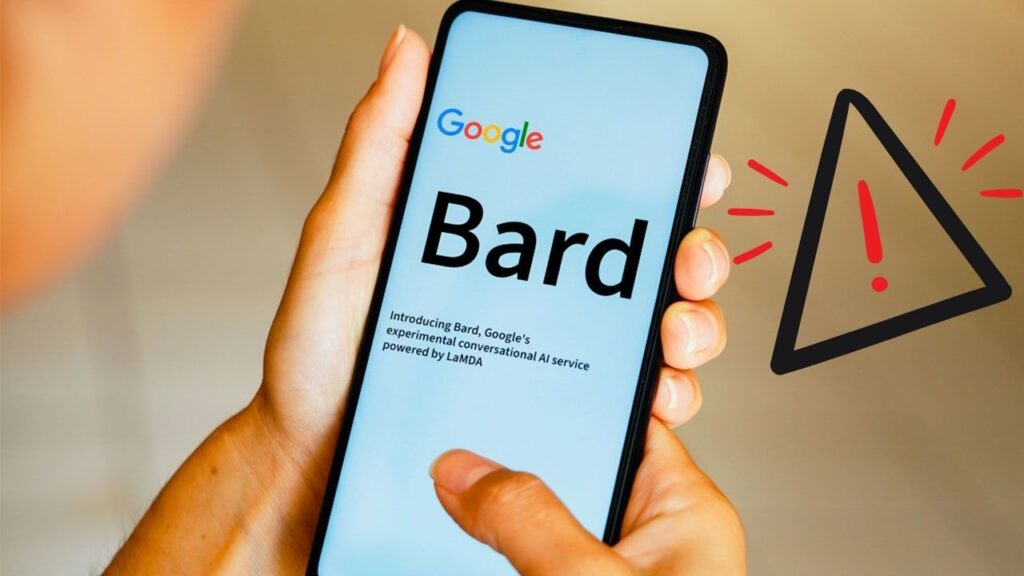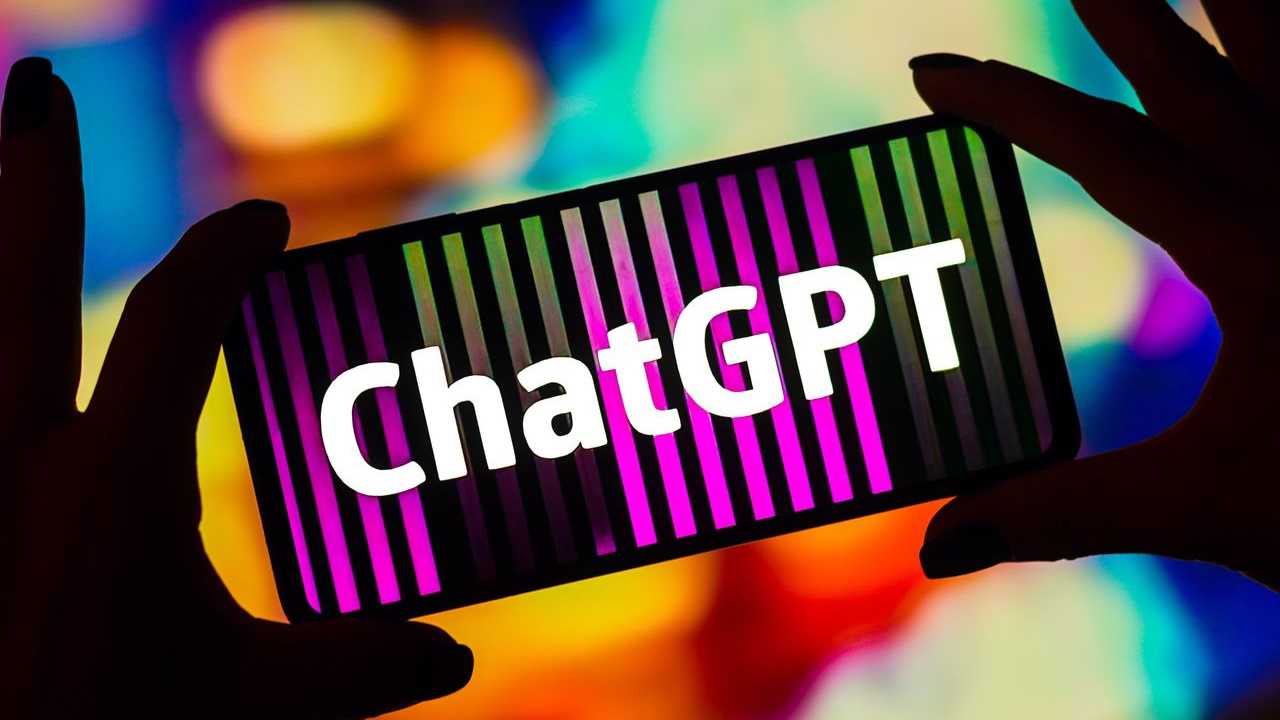In the rapidly evolving world of technology, interacting with AI-based chatbots has become commonplace. However, the privacy implications of prolific AI tools like ChatGPT and Google Bard should not be overlooked. ChatGPT, which collects user data with every question, could put you at risk.
What not to write to ChatGPT for data privacy
In a recent change to its privacy policy, Google said it would use all data on the internet to train artificial intelligence. This includes everything from tweets to search results.

The questions you ask ChatGPT will help train the AI. That’s why you should avoid sharing certain data, especially personal information, with productive AI tools. Experts recommend that you do not search for certain topics.
First, avoid sharing personal information such as your name, ID number and birthday with AI tools. Even if they have privacy features, remember that data breaches can occur and sensitive information can be leaked.
On the other hand, do not share your username and password with tools like ChatGPT. For example, you shouldn’t do a search to see if your password has been used in another tool.
Here are the types of questions you should not share with ChatGPT:
- Details that reveal your personal information
- Usernames and passwords
- Your financial details (credit card, internet banking)
- Company or trade secrets
- Your health details
Artificial intelligence tools have become an integral part of our lives. However, it is important not to put your data at risk just to make things easier. It is generally recommended that you try to avoid using sensitive data in your searches.














